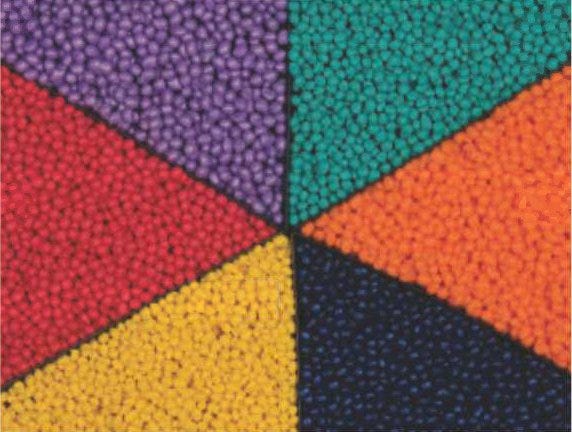TPEs' New Edge in Medtech: Supporting Blood Contact
February 26, 2015
Thermoplastic elastomers (TPEs) are regarded as workhorse materials with an ever-widening scope of applications in the medical device industry.
Brian Buntz
|
TPE can be used for a range of medical device applications and is frequently used to make syringes. |
TPEs are now suitable for use in applications requiring direct blood contact for a limited amount of time. One company offering such a grade is Kraiburg TPE, a German-headquartered firm with U.S. operations based in Duluth, GA. "There are various medical device applications that require limited blood contact. And we now have grades in our Thermolast M line that can be used for those types of applications," says Katherine Olano, a distribution and marketing specialist at the company.
"There are some grades that support up to one day of blood contact and some go up to 30 days, depending on the type of use," adds Dr. Allen Donn, a product development engineer at Kraiburg TPE. "And then you have three different classifications that specify how they are used."
One of the primary benefits of TPEs, which are generally transparent or translucent, is that they span a wide range of Shore A durometers. Kraiburg TPE itself offers many materials within the range of 20 to 70 Shore A, however the company has several grades that extend up to 90 Shore A. The softer grades are frequently used for over molding in medical device applications. Other uses of the material include grades specified for adhesion to polycarbonate. Grades are also available that are engineered to have a low coefficient of friction, making the material suitable for plungers and the like. Grades that offer soft-touch sealing are a good fit for respiratory masks.
Another benefit of TPEs is their stability, and a range of grades are available that have been through considerable testing as specified by standards such as USP Class 6 requirements and ISO 10993.
Kraiburg also offers a grade with optimal rigidity and elasticity--up to the Shore D range, and resealing grades, TM3RST and TM4RST, with hardnesses in the 30 to 40 Shore A range, that are ideal for resealing. "If you have a septum or a vial where you need to withdraw samples from repeatedly, these grades are designed for just that type of application. They have been tested through standard protocols for standing up to repeated testing," Donn says. "These grades can sometimes replace natural rubber but can greatly simplify the manufacturing process." The grades used for resealing and for syringes are two of the most commonly used in the medtech sector.
The company's Thermolast M line of medical-grade TPEs are manufactured in the company's German facilities that have a dedicated production line used exclusively for the manufacture of the medical grade materials.
"One of the key aspects useful for the medical industry is that we have agreements with our raw-material suppliers for long-term delivery. If there are any changes, we give our customers 24-month notice so they have time to get it through their system as well," Donn explains.
As MD&M West draws to a close on February 12, check back on our blog for more show-related coverage. |
Brian Buntz is the editor-in-chief of MPMN and Qmed. Follow him on Twitter at @brian_buntz.
Like what you're reading? Subscribe to our daily e-newsletter.
About the Author(s)
You May Also Like



